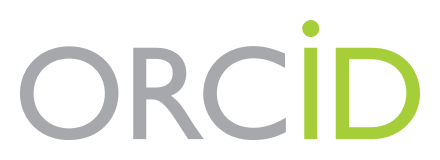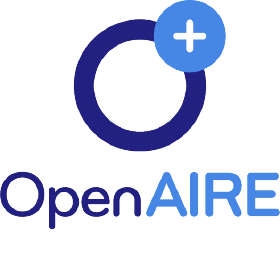Publication Ethics
The Arghand Journal of Social Sciences (AJSS) is committed to upholding the highest standards of integrity and ethical conduct in scholarly publishing. These guidelines are based on the principles outlined by the Committee on Publication Ethics (COPE) and adapted to reflect the values and academic environment of Afghanistan.
Our publication ethics apply equally to authors, reviewers, editors, and the journal’s staff to ensure fairness, transparency, and accountability throughout the publication process.
--------------------------------------------------------------------------------------------------------------------
Phase 1: Responsibilities of Authors
1.1 Originality and Plagiarism
- Authors must ensure that their work is entirely original and properly cite or quote the work and/or words of others.
- Plagiarism in any form (copying text, data, images, or ideas without acknowledgment) is unethical and unacceptable.
- AJSS uses plagiarism detection software to check all submissions. Manuscripts with similarity indexes above 15% may be rejected outright.
1.2 Multiple, Redundant, or Concurrent Publication
- Submitting the same manuscript to more than one journal concurrently is strictly prohibited.
- Authors should not publish manuscripts describing essentially the same research in multiple journals or primary publications.
1.3 Authorship and Acknowledgment
- Only individuals who have made significant contributions to the conception, design, execution, or interpretation of the reported study should be listed as authors.
- Others who have contributed (e.g., technical help, writing assistance, or general support) should be acknowledged in a separate section.
- The corresponding author must confirm that all co-authors have approved the final version of the manuscript and agree to its submission.
1.4 Disclosure and Conflicts of Interest
- Authors must disclose any financial or other substantive conflicts of interest that could influence their manuscript's results or interpretation.
- All sources of financial support for the project should be disclosed.
1.5 Data Access and Retention
- Authors may be asked to provide the raw data in connection with their paper for editorial review and should be prepared to make the data publicly available if possible.
--------------------------------------------------------------------------------------------------------------------
Phase 2: Responsibilities of Reviewers
✅ 2.1 Confidentiality
- Reviewers must treat manuscripts as confidential documents and must not share or discuss them with others except as authorized by the Editor.
2.2 Objectivity and Constructive Feedback
- Reviews should be conducted objectively. Personal criticism of the author is inappropriate.
- Reviewers should express their views clearly with supporting arguments.
2.3 Disclosure and Conflicts of Interest
- Reviewers must disclose any potential conflicts of interest and recuse themselves from reviewing manuscripts where such conflicts exist.
--------------------------------------------------------------------------------------------------------------------
Phase 3: Responsibilities of Editors
3.1 Fairness and Impartiality
- Editors evaluate manuscripts for intellectual content without regard to the authors’ race, gender, religious belief, ethnic origin, citizenship, or political philosophy.
3.2 Confidentiality
- Editors and editorial staff will not disclose any information about a submitted manuscript to anyone other than the corresponding author, reviewers, potential reviewers, and the publisher, as appropriate.
3.3 Disclosure and Conflicts of Interest
- Editors must not use unpublished information in their own research without the author’s explicit written consent.
3.4 Decision on Publication
- Editors are responsible for deciding which of the submitted manuscripts should be published, guided by the policies of the journal and constrained by legal requirements regarding libel, copyright infringement, and plagiarism.
--------------------------------------------------------------------------------------------------------------------
Phase 4: Misconduct and Policy Enforcement
4.1 Handling Misconduct
AJSS takes allegations of misconduct seriously and follows COPE’s flowcharts and best practices when investigating suspected cases, including:
- Plagiarism
- Fabrication or falsification of data
- Undisclosed conflicts of interest
- Authorship disputes
4.2 Retractions and Corrections
- AJSS will retract articles in cases of proven misconduct or major errors that invalidate the work.
- Minor corrections will be published in a subsequent issue.
--------------------------------------------------------------------------------------------------------------------
Phase 5: Cultural and Ethical Sensitivity
As part of Kandahar University, AJSS adheres to Islamic values and cultural sensitivities in its editorial practices. Content that is against the norms, ethics, or laws of Afghanistan will not be accepted for review or publication.
--------------------------------------------------------------------------------------------------------------------
Periodic Review of Ethics Policy
This Publication Ethics policy is reviewed annually and updated as necessary to reflect changes in international standards and local academic practices.
--------------------------------------------------------------------------------------------------------------------
Contact for Ethical Concerns
For questions or to report ethical concerns, please contact:














